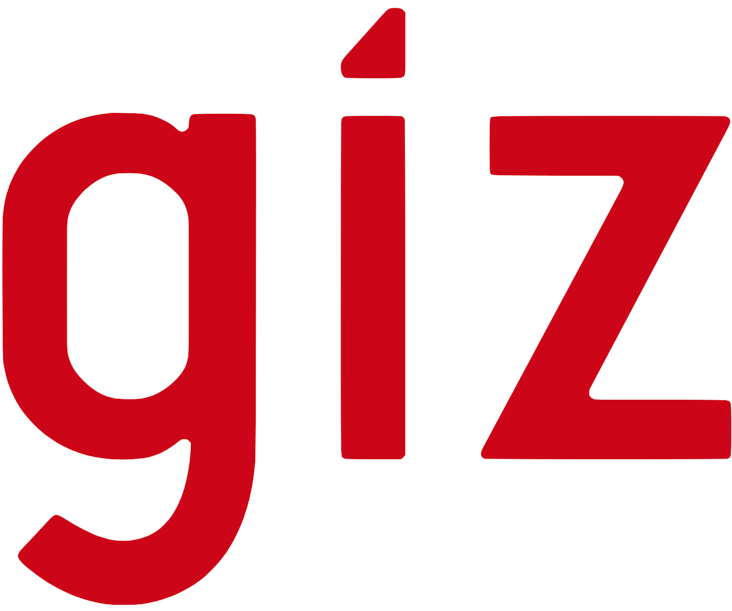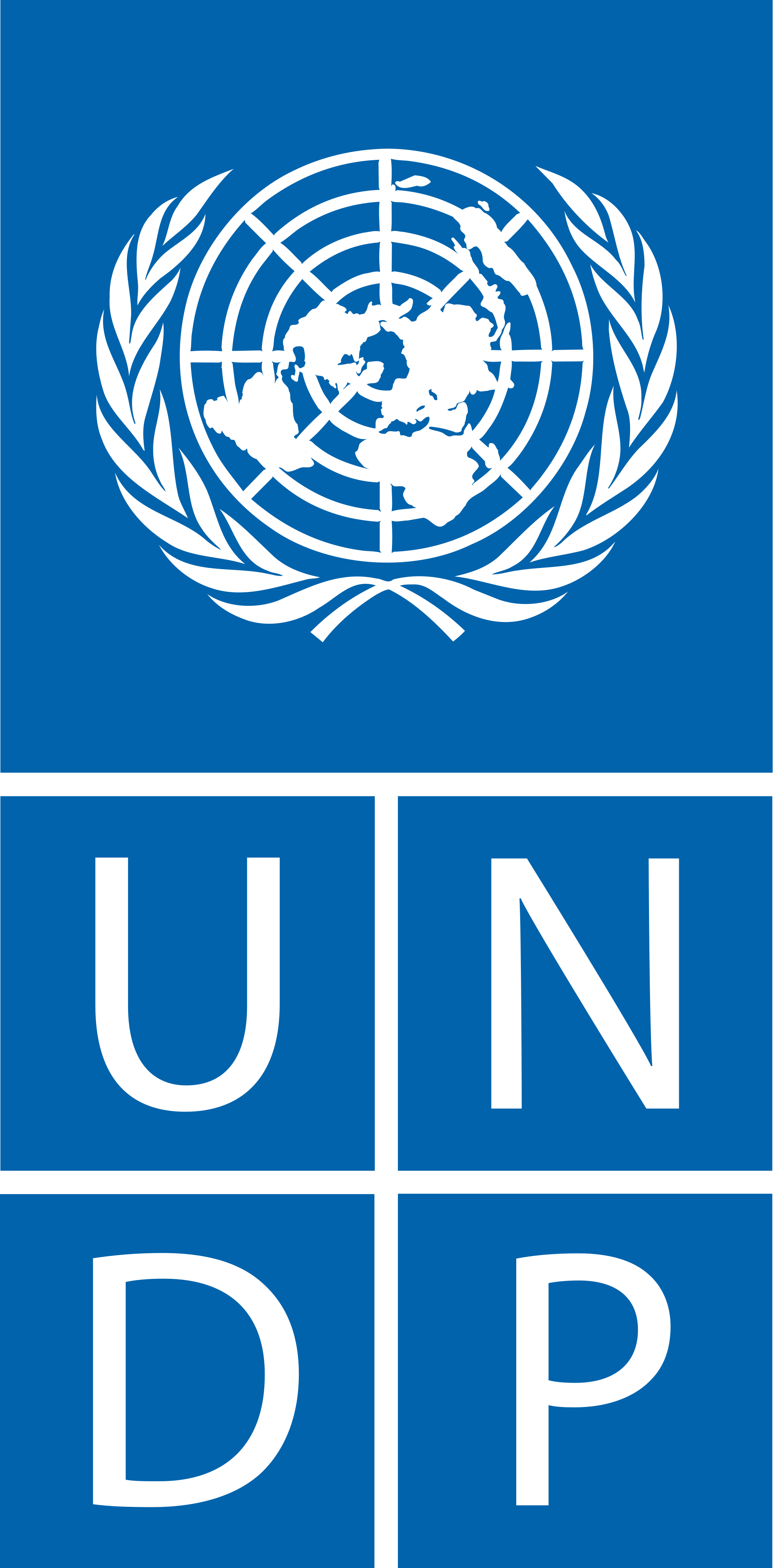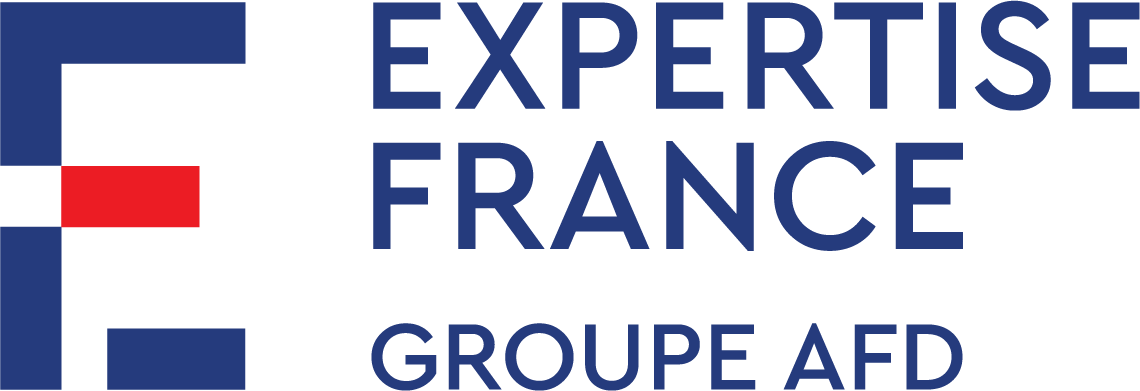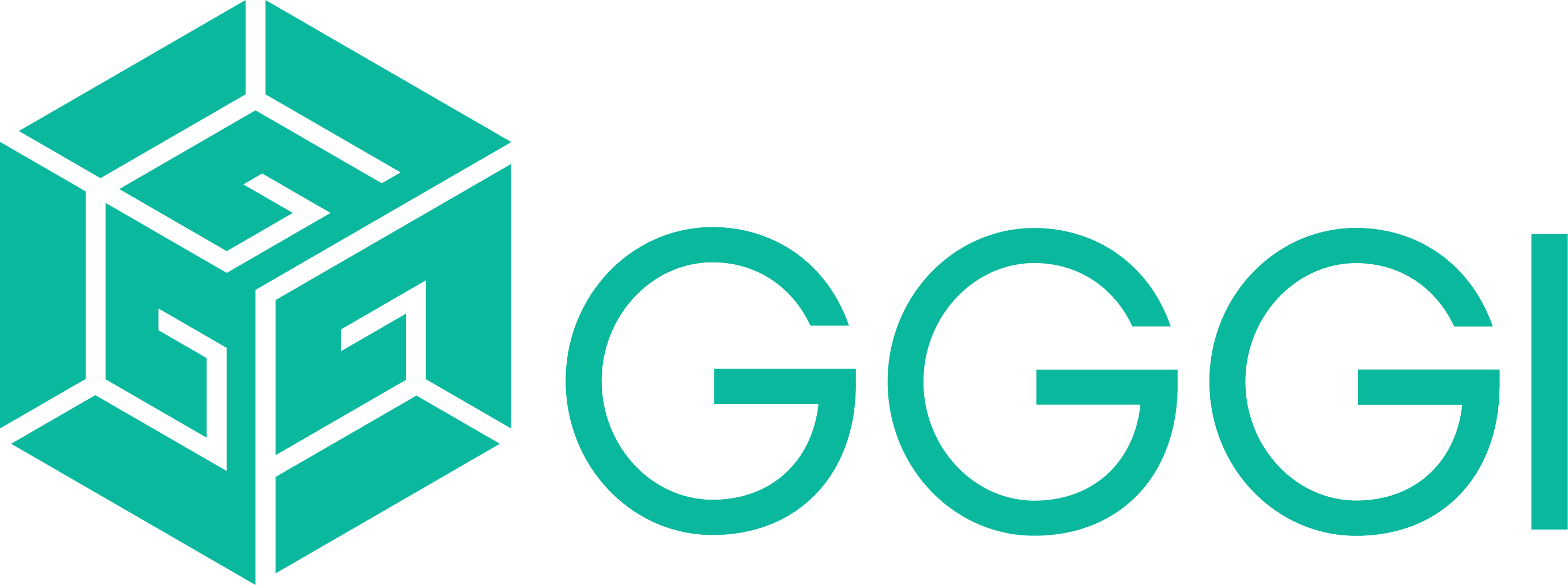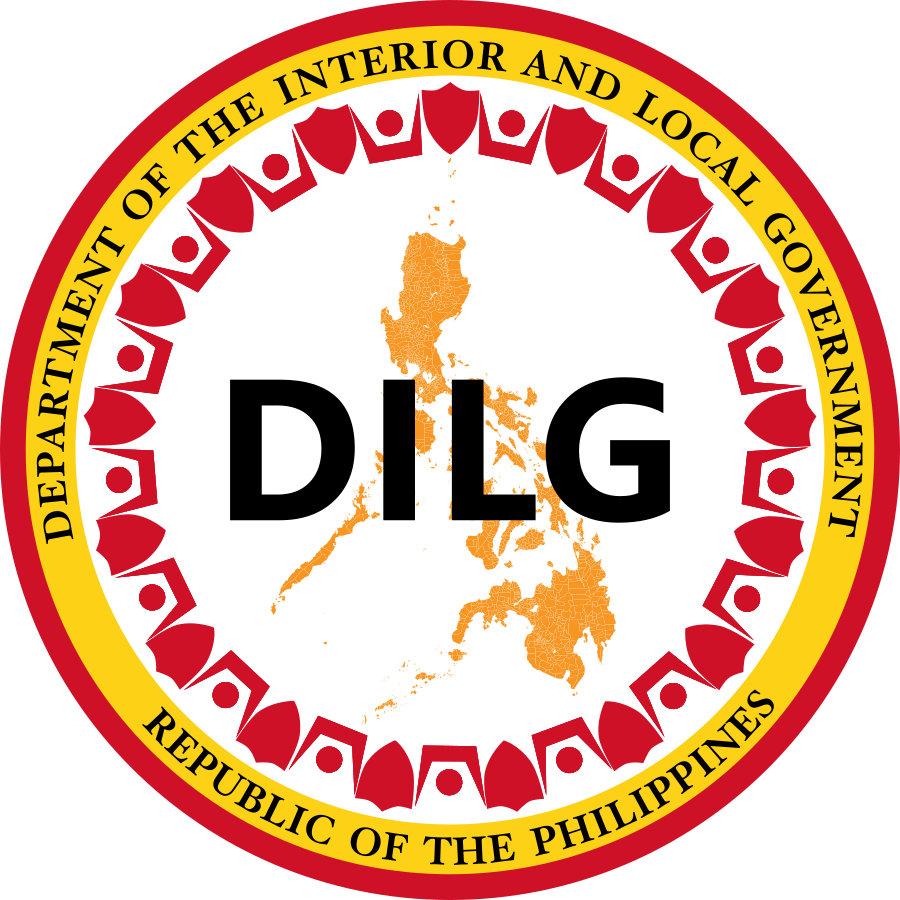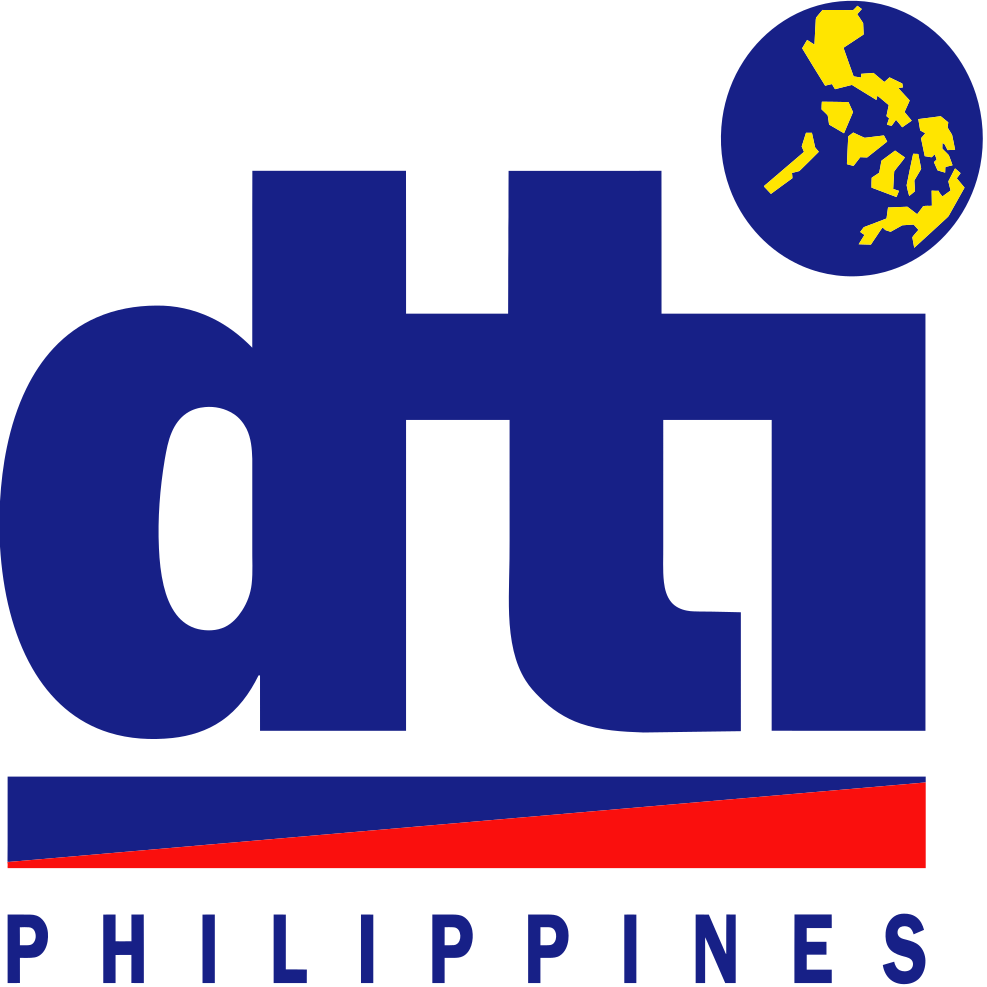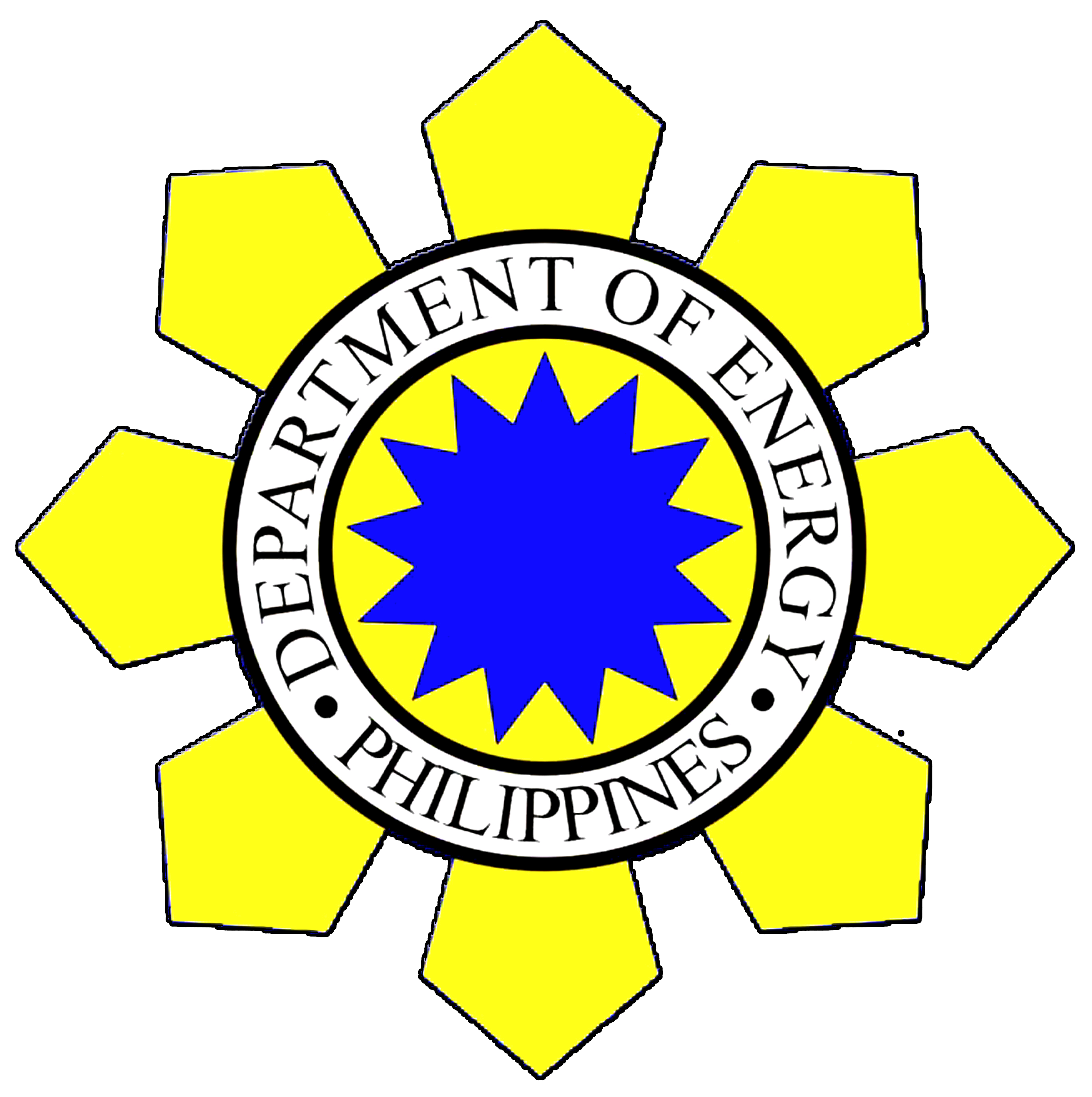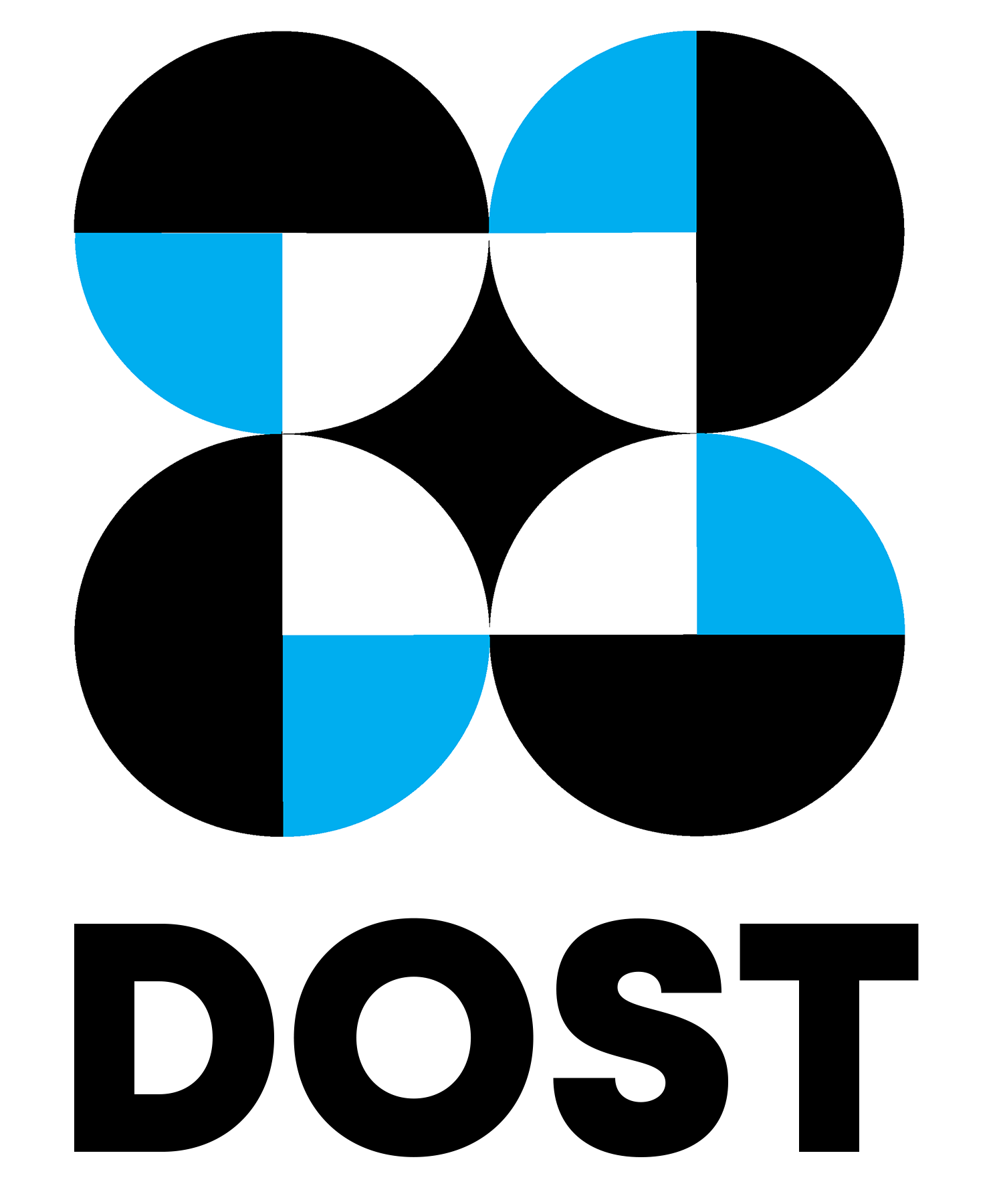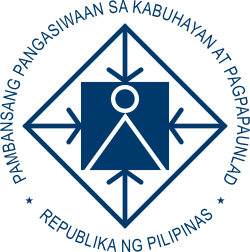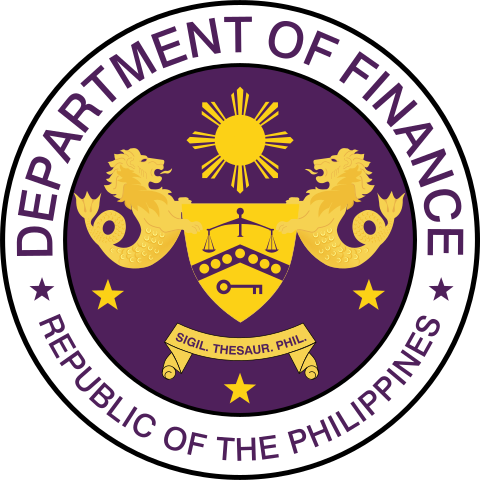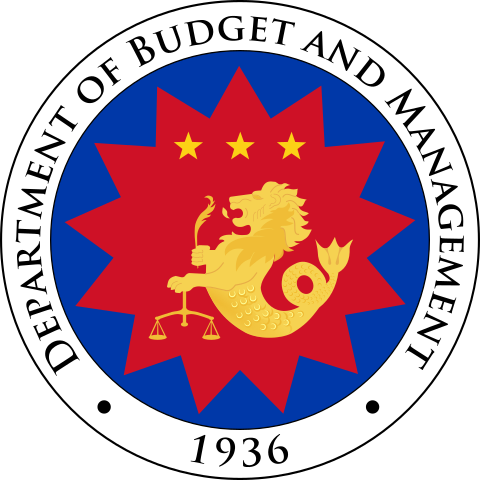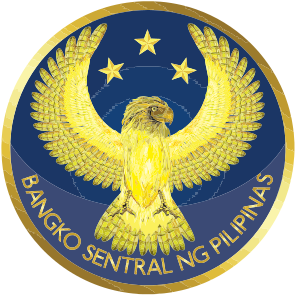
About the Program
The EU-PH Green Economy Partnership, co-led by the European Union (EU) and the Department of Environment and Natural Resources (DENR), is designed to transition the Philippines into a green economy. With EUR 60 million grant from the EU, it focuses on advancing circular economy practices, reducing waste and plastics, increasing energy efficiency, and expanding the use of clean energy.
This programme will run from 2023-2028 in collaboration with other national government agencies, local government units, and the private sector. Using a whole-of-nation approach, the programme is focused on sustainable and inclusive growth through technology transfers, investments and jobs creation.
Policy Transformation
We work with government agencies to develop climate-smart policies and enforce circular economy regulations, particularly in plastic waste management and sustainable production.
Empowering Local Governments
We equip LGUs (Local Government Units) with the tools to implement circular waste solutions, recycling initiatives, and eco-friendly urban planning.
Supporting Green Businesses
We collaborate with enterprises to develop sustainable packaging, waste reduction strategies, and renewable energy adoption, creating new green jobs and economic opportunities.
Promoting Renewable Energy
We champion the adoption of energy-efficient solutions and renewable energy sources, reducing carbon footprints and driving climate action.
